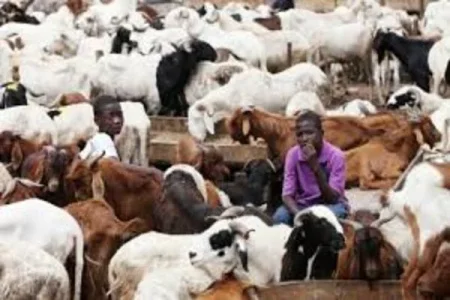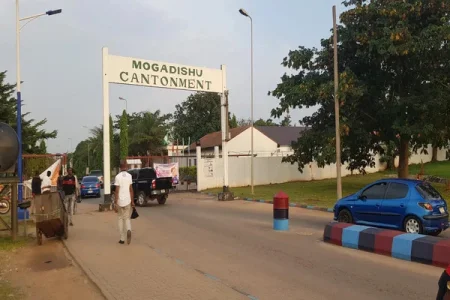
Eid-el-Adha, a time of sacrifice and celebration, is taking on a different tone in Northern Nigeria. Where rams once filled markets and buyers haggled with gusto, there’s now quiet anxiety. Closed borders, a struggling economy, and limited cash flows have pushed livestock prices beyond the reach of many. For traders and families alike, the question is not what to sacrifice, but whether they can afford to at all.
A blend of economic hardship, diplomatic fallout, and financial scarcity is reshaping how Muslims in the North approach Eid-el-Adha — one of Islam’s most important festivals.
- Livestock prices in Northern Nigeria have surged ahead of Eid-el-Adha, with rams selling for up to ₦1 million.
- The closure of borders with Niger Republic has stifled animal supply, affecting major trade routes.
- Cash scarcity limits many buyers, worsening the already tough economic climate.
- Traders in key markets like Maigatari face declining sales and uncertainty.
- Inflation and reduced purchasing power are shaping a more subdued Eid celebration across the North.
As the moon cycle nears and plans firm up, for many families, the real challenge may be preserving the spirit of Eid in lean times.



